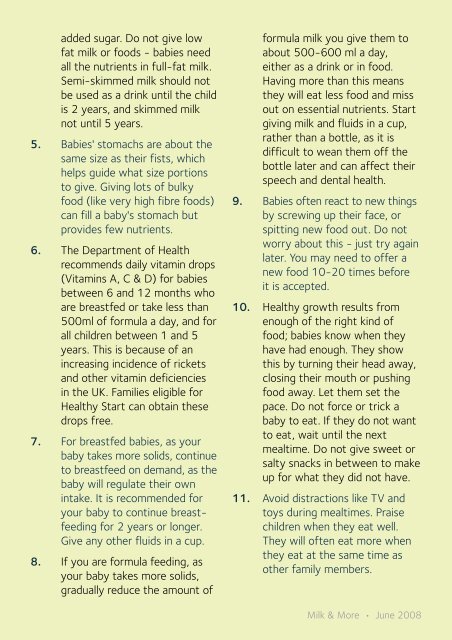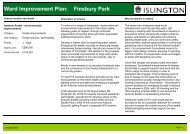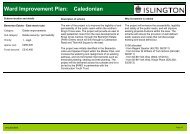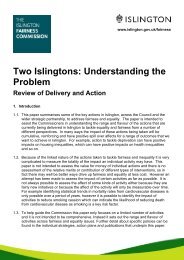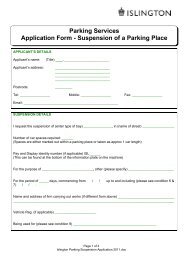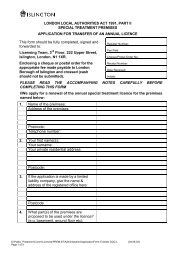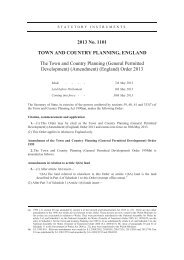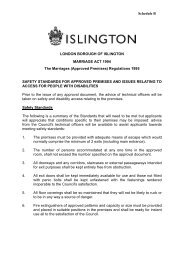Milk & More
Milk & More
Milk & More
Create successful ePaper yourself
Turn your PDF publications into a flip-book with our unique Google optimized e-Paper software.
added sugar. Do not give low<br />
fat milk or foods - babies need<br />
all the nutrients in full-fat milk.<br />
Semi-skimmed milk should not<br />
be used as a drink until the child<br />
is 2 years, and skimmed milk<br />
not until 5 years.<br />
5. Babies' stomachs are about the<br />
same size as their fists, which<br />
helps guide what size portions<br />
to give. Giving lots of bulky<br />
food (like very high fibre foods)<br />
can fill a baby's stomach but<br />
provides few nutrients.<br />
6. The Department of Health<br />
recommends daily vitamin drops<br />
(Vitamins A, C & D) for babies<br />
between 6 and 12 months who<br />
are breastfed or take less than<br />
500ml of formula a day, and for<br />
all children between 1 and 5<br />
years. This is because of an<br />
increasing incidence of rickets<br />
and other vitamin deficiencies<br />
in the UK. Families eligible for<br />
Healthy Start can obtain these<br />
drops free.<br />
7. For breastfed babies, as your<br />
baby takes more solids, continue<br />
to breastfeed on demand, as the<br />
baby will regulate their own<br />
intake. It is recommended for<br />
your baby to continue breastfeeding<br />
for 2 years or longer.<br />
Give any other fluids in a cup.<br />
8. If you are formula feeding, as<br />
your baby takes more solids,<br />
gradually reduce the amount of<br />
formula milk you give them to<br />
about 500-600 ml a day,<br />
either as a drink or in food.<br />
Having more than this means<br />
they will eat less food and miss<br />
out on essential nutrients. Start<br />
giving milk and fluids in a cup,<br />
rather than a bottle, as it is<br />
difficult to wean them off the<br />
bottle later and can affect their<br />
speech and dental health.<br />
9. Babies often react to new things<br />
by screwing up their face, or<br />
spitting new food out. Do not<br />
worry about this - just try again<br />
later. You may need to offer a<br />
new food 10-20 times before<br />
it is accepted.<br />
10. Healthy growth results from<br />
enough of the right kind of<br />
food; babies know when they<br />
have had enough. They show<br />
this by turning their head away,<br />
closing their mouth or pushing<br />
food away. Let them set the<br />
pace. Do not force or trick a<br />
baby to eat. If they do not want<br />
to eat, wait until the next<br />
mealtime. Do not give sweet or<br />
salty snacks in between to make<br />
up for what they did not have.<br />
11. Avoid distractions like TV and<br />
toys during mealtimes. Praise<br />
children when they eat well.<br />
They will often eat more when<br />
they eat at the same time as<br />
other family members.<br />
<strong>Milk</strong> & <strong>More</strong> • June 2008


